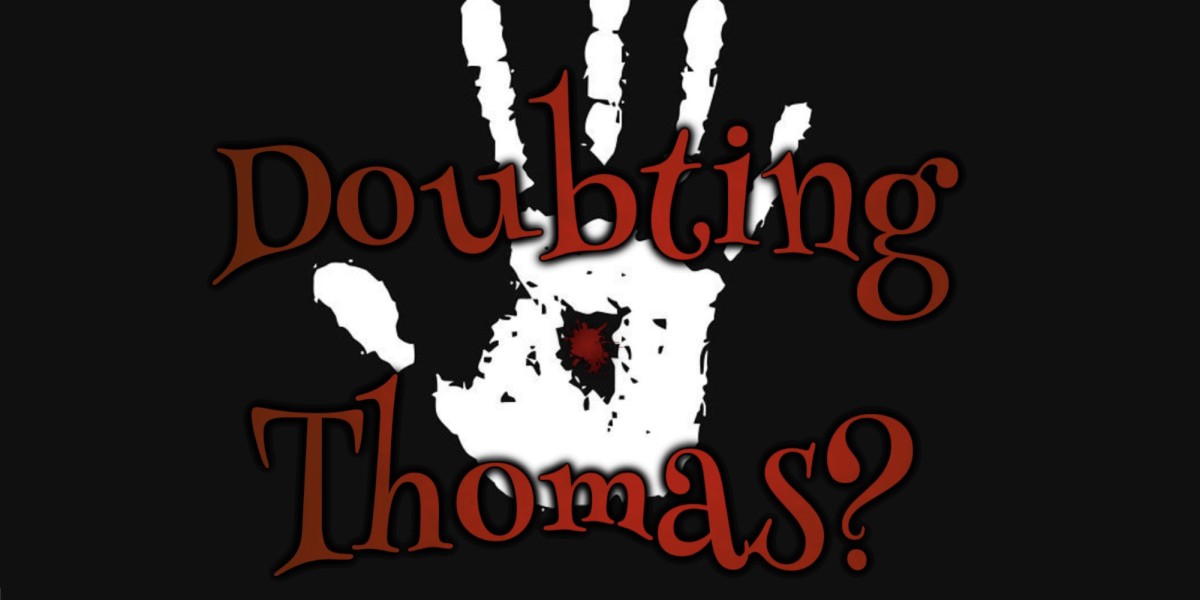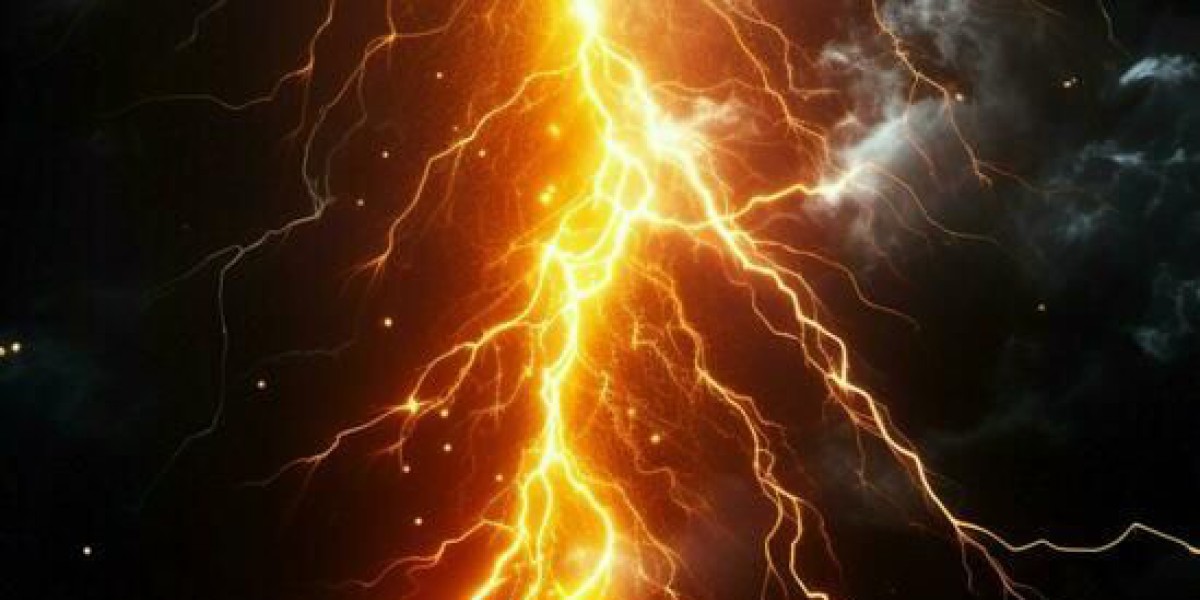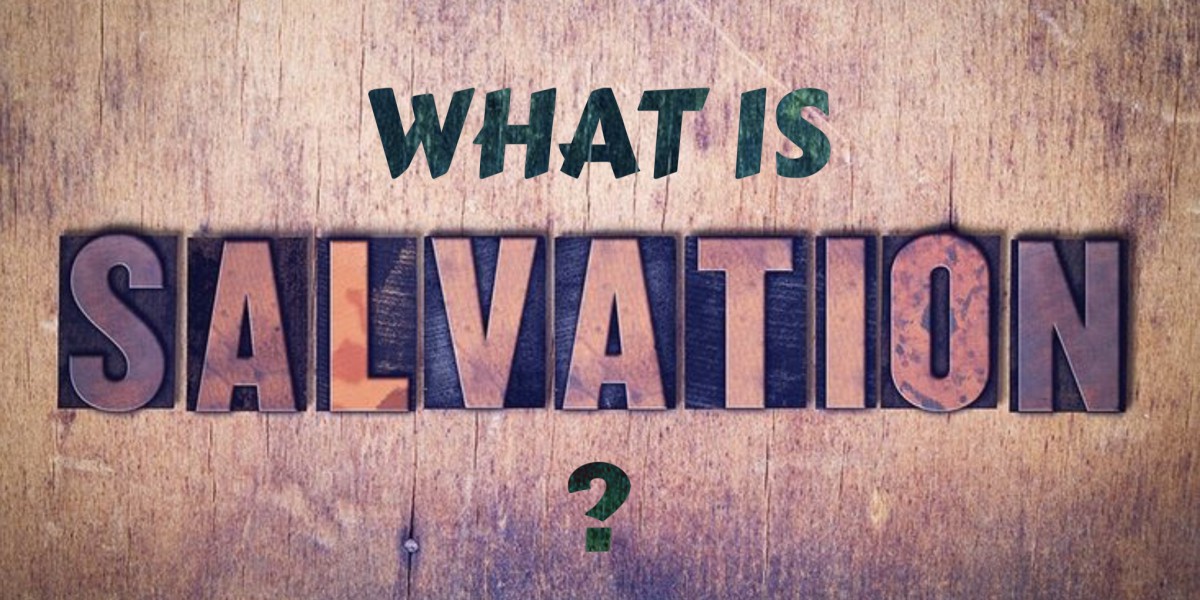Christianity historically misunderstands most of the characters in Scripture. Half the believers think the church was built on the authority of Peter. Almost all the faithful feel that Paul abolished the Torah, and everyone thinks that Judas is damned without hope of forgiveness.
But each of these mischaracterizations are manufactured from the actual facts themselves. Errors, yes, but understandable how these misunderstandings managed to be made from the details given rather than their absence.
The biblical character whom we find to get the most unfair mischaracterization however, and not from misunderstanding, but from selective reading, is none other than Thomas.
For centuries, Thomas has been known as the doubter… And even the saying arises in response to the idea created around him, “Don’t be a doubting Thomas.”
But is it really fair to give this faithful disciple such a pejorative? We don’t think so.
Most of the time when Thomas’s story comes up, the readers start with him telling the other disciples that he won’t believe in the resurrection, unless he physically gets to put his hands in the wounds of the Savior.
The implication is that everybody believed by faith except for this one untrusting man. All the disciples believed except for Thomas. Thomas needed proof, and we don’t want to be like Thomas.
That is a gross misrepresentation of the story and starting in the middle of things.
What happens when we go back a little further to begin his story? What we find is that Thomas is not the only doubter… and Thomas is just like all the other disciples.
When the women went to the tomb and witnessed the angels proclaiming the resurrection, the other disciples were not present. And as the story goes, the men doubted their testimony.
Later Yeshua shows up and shows all the disciples His wounds and they believe…all but Thomas cuz he’s a doubter…right?
Wrong.
All but Thomas because he was not present.
We don’t know why he wasn’t there, but we know that he was absent when the resurrected savior showed up and showed all His disciples all that Thomas later asked to see in order to believe. Thomas doubted just like the other disciples when the story was told to them by the women, and they doubted, when the other disciples told Thomas that they had all seen the resurrected Messiah, he doubted too.
When we read only a part of the story, Thomas is to be blamed and shamed for doubting what is expected to be readily believed by faith. When we start in the middle of the tale we are telling people that all the other disciples trusted simply by hearing that the resurrection happened, and that Thomas was the only one who needed to see and feel and experience the physical evidence in order to have faith.
Countless preachers have proclaimed praise upon the other disciples for believing and charge Thomas for doubting when the full story is simply that Thomas was just like every other disciple. They all doubted until they saw and felt and experienced the evidence first hand. And Thomas simply wasn’t present at the same time and therefore wanted to have the same experience first before he would blindly believe the testimony of others who had personally had the experience prior.
When we tell the story in the traditional way, beginning with preconceptions and prejudices against this dedicated disciple we are going to accuse him falsely of having a lack of faith, when in reality, had he been present at the time all the other disciples had the first encounter with the resurrected Messiah, he would have believed as instantaneously as they. The one and only difference between him and the other disciples was that he had not been there for the first meeting.
We are expected to act like Thomas wanted something more. We are programmed to pretend that Thomas wanted special treatment, as if everyone else could believe without seeing, but he was being criticized for being the only one needing the physical evidence. But the fact is that if we do not chop up the story into pieces and select only the part where he doubts, ignoring the doubt of the rest of the disciples until they had the same thing that Thomas is asking for, we won’t make that mistake.
Thomas is not trying to blindly believe and the Bible is not expecting him to. Christianity has been linking faith for so long with blind belief that now it seems natural for us to feel that the want of proof is a form of pride and infidelity, a cause for shame, and evidence of a lack of faith.
On the contrary, we would all do well to be more like Thomas. Hearsay is not enough. Majority consensus is not evidence. Peer pressure is not proof.
Yes, as our Saviour said, those who have not seen and yet believed are blessed more than Thomas… But Thomas wasn’t reprimanded by the Master. Yeshua said Thomas was blessed for seeing and believing, and those who had not seen Him and yet believe are even more blessed.
This is not applying to the rest of the disciples, but to us, because all of them had already believed not without seeing but only when seeing just like Thomas.
Our Messiah is talking about us. We are more blessed because we don’t get to see Him and yet we believe.
But are we blessed for blindly believing? Are we blessed because we follow the majority, because we conformed to the consensus, because we cave to creeds?…
No… We are not blessed for blind faith. Blind faith was the curse and the just cause of all doubt. We are blessed because we follow the evidence even against trends and traditions. We are blessed because we our doubters just like Thomas and just like all the other disciples.
Unless we see the evidence we will not believe…not what the church claims, not what the creeds compel, and not what the councils command.
Yeshua said that those who have not seen and yet believed are blessed. We have not seen the holes in His hands or the wound in His side and yet we believe… But like Thomas we don’t believe, because we are told we have to or because an institution so orders our adherence.
We don’t have our physical Saviour with us presently so we cannot see the physical evidence but as much evidence as we do have available, we must investigate, and if we can believe based on that, we are more blessed even than the blessed Thomas…
We are more blessed because we are more like Thomas.
Second Guess First Assumptions
Question Everything
Get Biblical






